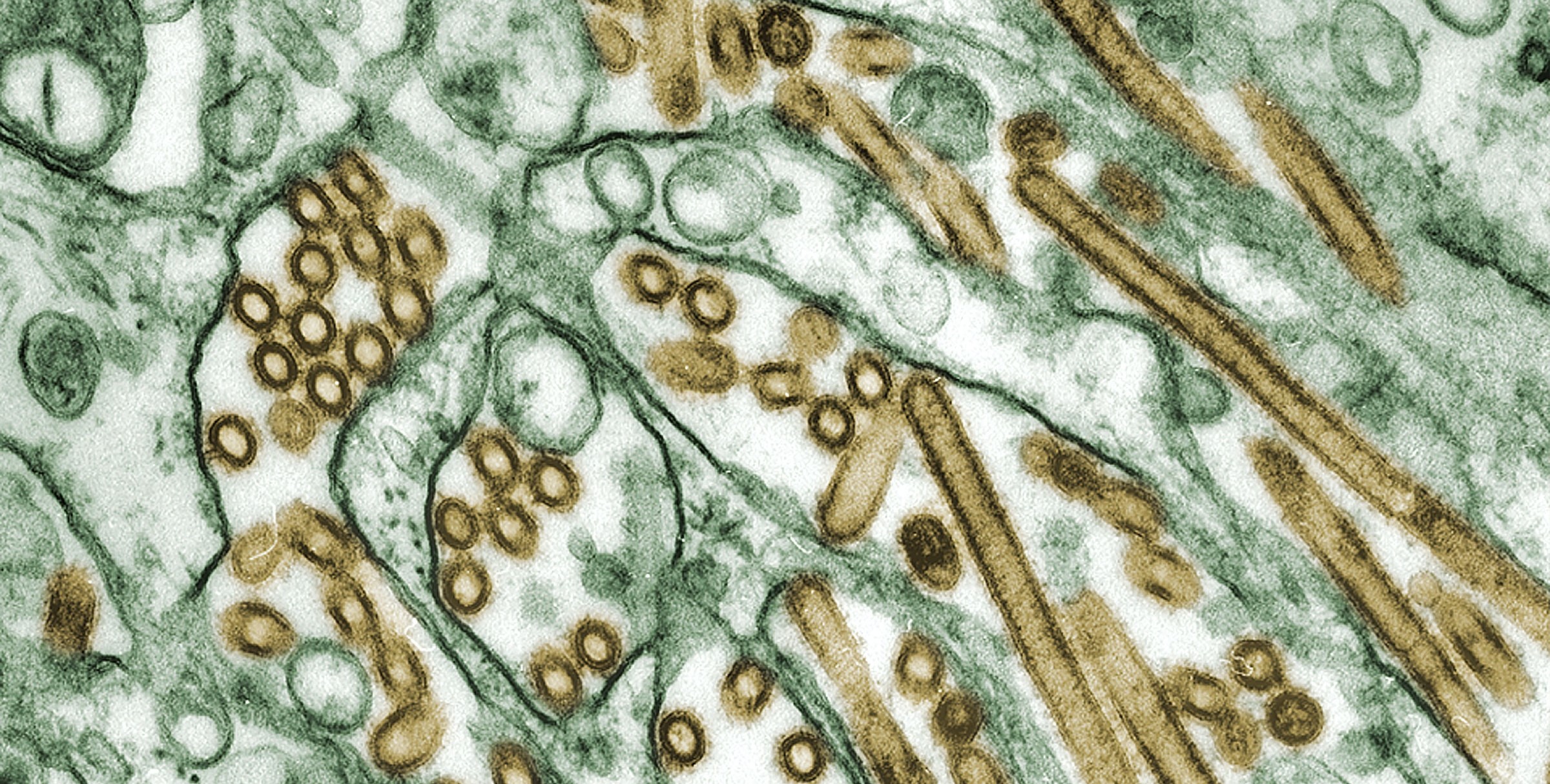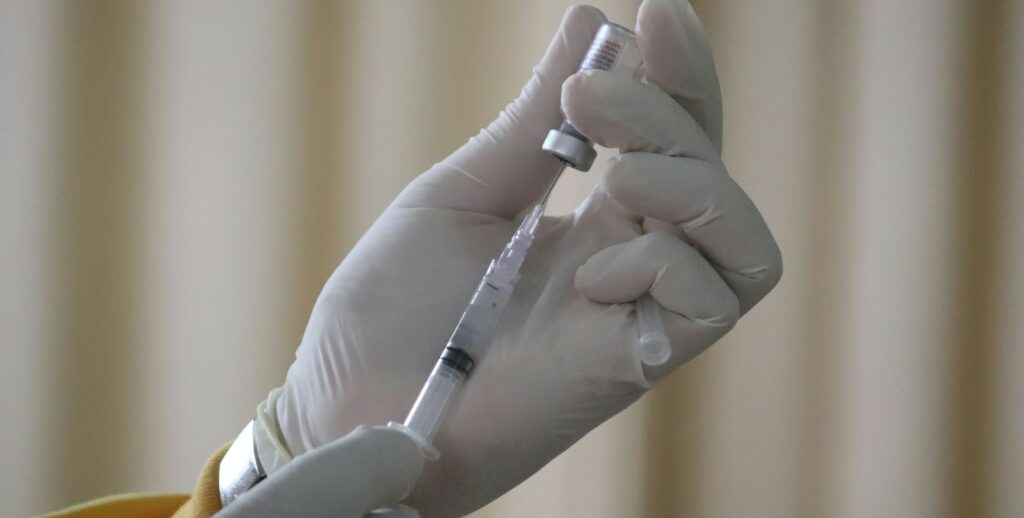Unfortunately, once you catch Herpes, there is no getting rid of it. However, a new study may have revealed what causes recurrence of the virus and could lead to new methods of prevention.
The scientific study aims to identify the chemical processes within the body that reactivate the virus, leading to flare ups. This knowledge could contribute to future studies and the development of treatments for Herpes. Before exploring the findings, we must first understand what Herpes is.
What is Herpes?
Herpes is a sexually transmitted infection caused by the Herpes Simplex Virus, of which there are eight strains. The two most common are HSV-1 (often called Oral Herpes) which appears around the mouth as cold sores, and HSV-2 (often called Genital Herpes) which appears similarly but in the genital area. Herpes is an extremely common virus, having infected around 18 million Aussies, and is one of the most common sexually transmitted infections.
How do you get Herpes?
The Herpes Simplex Virus is spread through close contact with someone who is infected. Although symptoms might not always show, they can frequently reappear. This is because the virus embeds itself in the nervous system where the immune system will not attack it. Therefore, once you have a Herpes Simplex Virus infection, you will always have it.
While the virus can be transmitted through sexual contact with a sexual partner or sexual partners, it can also be spread through a process known as viral shedding. Viral shedding occurs when the virus is released from the skin or mucous membranes of an infected individual, even when there are no visible symptoms present. This shedding can occur at any time and can be triggered by factors such as stress, illness, or hormonal changes.
What are the symptoms of Herpes?
Developing Herpes is never pleasant, but it is important to understand the symptoms of an outbreak, regardless of whether you have HSV 1 or HSV 2.
Sores or blisters on or around the mouth, genitals, or rectum are primary indicators of a Herpes outbreak. It is easy to mistake herpes for other common skin conditions such as a pimple or razor burn, but the small, fluid-filled blisters are characteristic of herpes.
In addition to the prodromal symptoms, you may also experience flu-like symptoms such as fatigue, headache, fever, or swollen glands.
The good news is that while the symptoms can be painful and uncomfortable, an outbreak is typically short-lived, and treatments are available to help manage the symptoms.
What does the science show?
The new study looks at what causes the infected nerve cells to manifest as recurring cold sores. Factors such as stress, illness and plenty of sun exposure are known to induce recurrence, but scientists now have a better idea of why.
They have discovered that cytokine (a type of signalling molecule that regulates and mediates the immune system) is released into the body when a person is ill, tired, stressed or exposed to ultraviolet light including sunlight. Cytokine then reacts with DLK (a protein within the neurons). This reaction can reactivate the Herpes virus and lead to cold sores or genital sores.
Scientists believe that targeting the DLK may be a good way to prevent Herpes recurrence. This new information could lead to future studies surrounding treatment for Herpes.
How can I prevent Herpes from coming back?
The best way to prevent flare ups for an Oral Herpes or Genital Herpes infection is by leading a healthy lifestyle.
One effective approach is to maintain a healthy immune system through regular exercise, a balanced diet, and sufficient rest. Additionally, reducing emotional stress and anxiety levels can help minimize outbreaks, as stress can weaken the immune system and trigger herpes flare-ups in a recurrent infection. It’s also important to avoid triggers such as excessive alcohol consumption, smoking, and overexposure to sunlight. Consistently using antiviral medication as prescribed by a healthcare provider can also reduce the frequency and duration of outbreaks.
While managing Herpes may require some adjustments, making smart lifestyle choices can help individuals live happy, healthy lives.
Do you want to get tested for Herpes?
Getting tested is the only way to know for sure if your symptoms are caused by a Herpes infection. Even if you are not displaying any symptoms, a Herpes test can be reassuring. We can arrange a confidential appointment at a sexual health clinic near you. Simply phone our team on the number at the top of the page or book online.
Sources
[1] Huffington Post: Everything You Need To Know About Herpes
[2] Health Day: What Causes Herpes Cold Sore Flare-Ups? New Study Offers Clues
[3] Sino Biological: What are Cytokines
[4] Harvard Health Publishing: Genital herpes: Common but misunderstood





